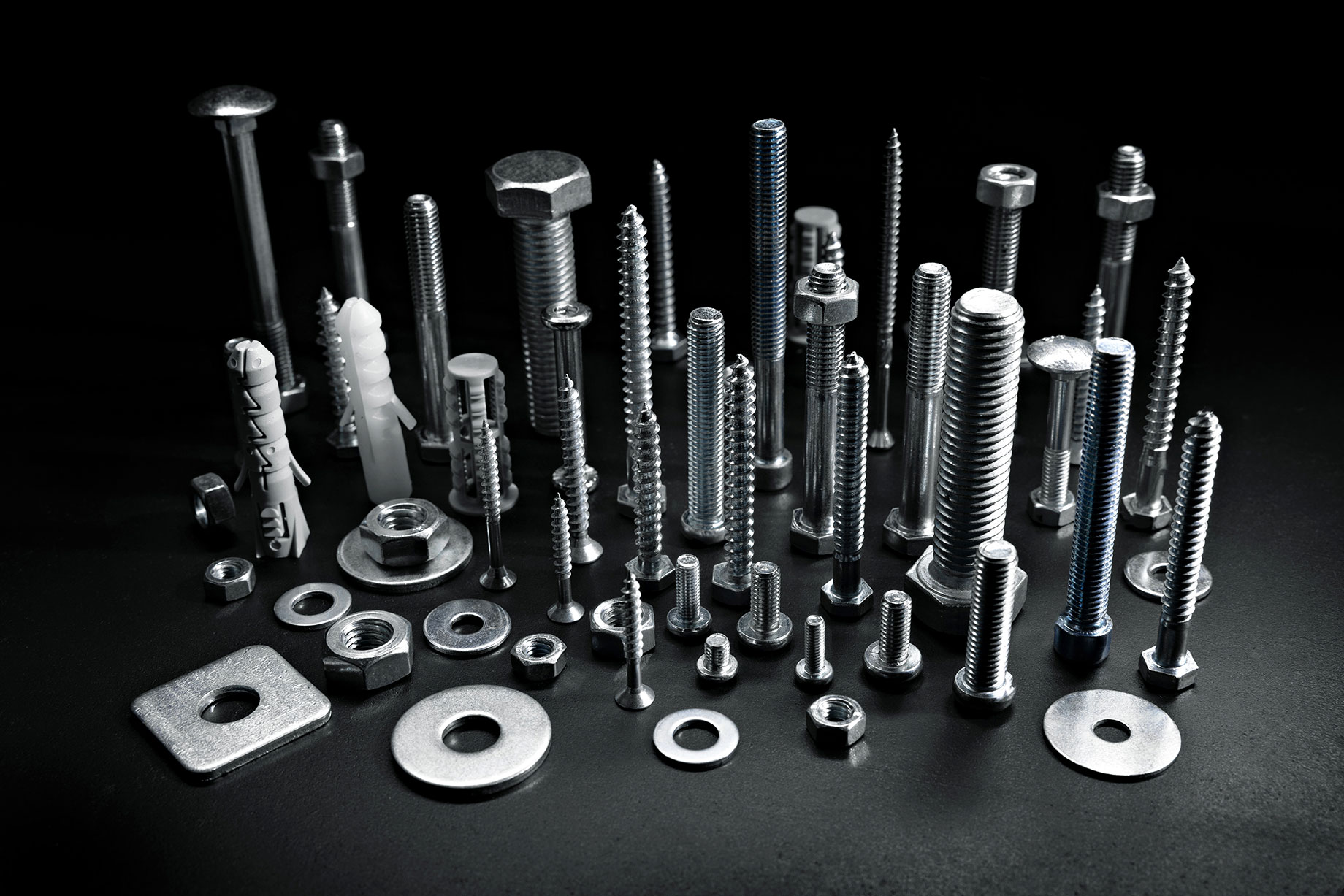
Choosing the right fastener is a critical part of any project, whether you’re building a piece of furniture, repairing your car, or working on construction. The proper fastener ensures safety, durability, and the strength needed for a long-lasting result. In this article, we’ll explore the different types of fasteners, their uses, and how to select the perfect one for your project. From bolts to screws, nuts to washers, understanding the nuances of each will help you make more informed decisions.
Understanding Fasteners: What You Need to Know
Fasteners are mechanical components used to join two or more objects together, creating a stable bond that holds them in place. These essential tools come in many different forms, each with a specific purpose depending on the materials and environment in which they are used.
Fasteners can be made from a variety of materials, including steel, stainless steel, brass, and plastic. The choice of material affects the fastener’s strength, corrosion resistance, and weight. Steel is common for general use due to its durability and strength, while stainless steel is preferred in environments where rust and corrosion are a concern, such as in marine applications or outdoor construction. Brass, on the other hand, is often chosen for its aesthetic appeal and its ability to resist corrosion, making it ideal for decorative applications or electrical work.
When selecting fasteners, size, and strength are critical factors. Fasteners come in various sizes, which are determined by their length, diameter, and thread pattern. The right size fastener ensures that the materials being joined are securely held together, preventing loosening or damage over time.
Additionally, each fastener is designed to handle a specific load, and using one with the appropriate strength is crucial for ensuring the safety and longevity of your project. Explore https://www.fastenere.com/wing-nuts for more product information.
Types of Fasteners and Their Uses
Fasteners come in many shapes and sizes, each designed for specific purposes. Among the most commonly used fasteners are bolts, screws, nuts, and washers. Each plays a unique role in securing materials together, and understanding their differences will help you select the right one for your project.
Bolts
Bolts are perhaps the most widely recognized type of fastener. They are long, cylindrical pieces of metal with external threads that engage with matching nuts to hold materials together. Unlike screws, bolts typically do not tap into the material themselves but instead rely on the nut to provide a strong, secure fastening.
There are various types of bolts, including hex bolts, carriage bolts, and eye bolts. Hex bolts are the most common and feature a six-sided head that can be easily gripped with a wrench. Carriage bolts, with their round heads and square necks, are often used in wood applications where a smooth appearance is desired. Eye bolts are used when a loop is needed to attach ropes or cables.
Screws
Screws are similar to bolts but with one key difference: they are designed to thread directly into the material they are fastening. This self-threading capability allows screws to form a tighter, more permanent bond without needing a nut. They are versatile fasteners, used in a wide variety of applications, from wood to metal to plastic.
There are many types of screws, each designed for a specific purpose. For example, wood screws have a sharp point and coarse threads to easily bite into the wood, while machine screws have finer threads and are used for metal applications. Self-tapping screws are engineered to drill their hole as they are driven into the material, eliminating the need for a pre-drilled hole.
Nuts
Nuts are internally threaded fasteners that work in conjunction with bolts to create a strong, secure connection. They are typically made from metal and come in various shapes and sizes to fit different bolt types. The most common nut is the hex nut, which has six sides and can be easily gripped with a wrench or pliers.
Other types of nuts include wing nuts, which have “wings” that allow for hand-tightening and lock nuts, which are designed to prevent loosening over time by creating extra friction between the nut and bolt. Nuts play an essential role in many projects, as they work with bolts to hold two or more materials together in a secure, adjustable manner.
The Importance of Quality and Standards
When choosing fasteners, it is essential to select high-quality, reliable products that meet industry standards. Fasteners are often the foundation of a project, and using low-quality fasteners can result in weak joints and project failure. High-quality fasteners, on the other hand, ensure that your connections are strong, secure, and long-lasting.
Industry standards for fasteners, such as those set by organizations like ISO (International Organization for Standardization) or ANSI (American National Standards Institute), ensure that the fasteners you use are safe and reliable. These standards provide specifications for materials, dimensions, and performance, so you can be confident that your fasteners will meet the requirements for your project.
Conclusion
Choosing the right fastener is an essential part of any project, whether you’re working on a large construction job or a small DIY repair. Understanding the various types of fasteners, their uses, and how to select the perfect one for your needs will help ensure that your projects are secure, durable, and long-lasting. By considering factors such as material compatibility, environmental conditions, and load requirements, you can confidently select the ideal fastener for any task.